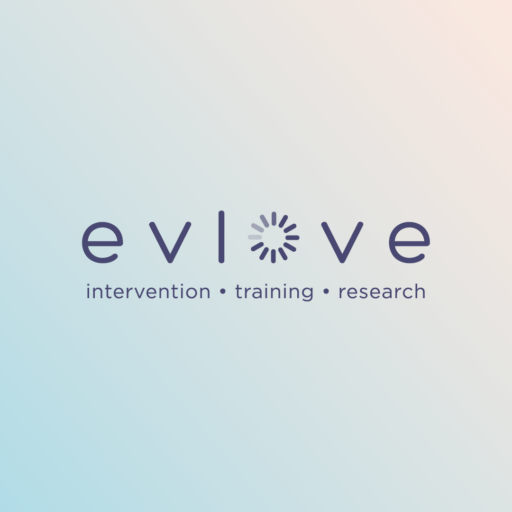Reflective parenting book summary
Reflective Parenting is an approach that emphasizes the importance of parents understanding their own and their children’s mental and emotional states to foster healthier relationships and child development. This method is grounded in the concept of “mentalization,” which involves recognizing and interpreting one’s own and others’ thoughts and feelings.
In their book Reflective Parenting: A Guide to Understanding What’s Going on in Your Child’s Mind, authors Alistair Cooper and Sheila Redfern provide practical strategies to help parents develop a reflective style of parenting. They illustrate how this approach can be applied in daily interactions to support children’s cognitive, emotional, and behavioral growth. The book covers various stages of development, from infancy through adolescence, offering insights into how reflective parenting can adapt to children’s evolving needs.
Similarly, Regina Pally’s The Reflective Parent: How to Do Less and Relate More with Your Kids integrates research in child development, neuroscience, and psychology to demonstrate that a parent’s reflective capacity is crucial for healthy child development. Pally discusses principles such as tolerating uncertainty, being curious and flexible, and using empathy and limit-setting. She provides examples and practical tools for parents to enhance their reflective skills across different developmental stages.
Overall, reflective parenting encourages parents to consider the underlying reasons behind their children’s behaviors and their own reactions. By fostering this mutual understanding, parents can build stronger, more empathetic relationships with their children, promoting resilience and emotional well-being.
